283 episodes
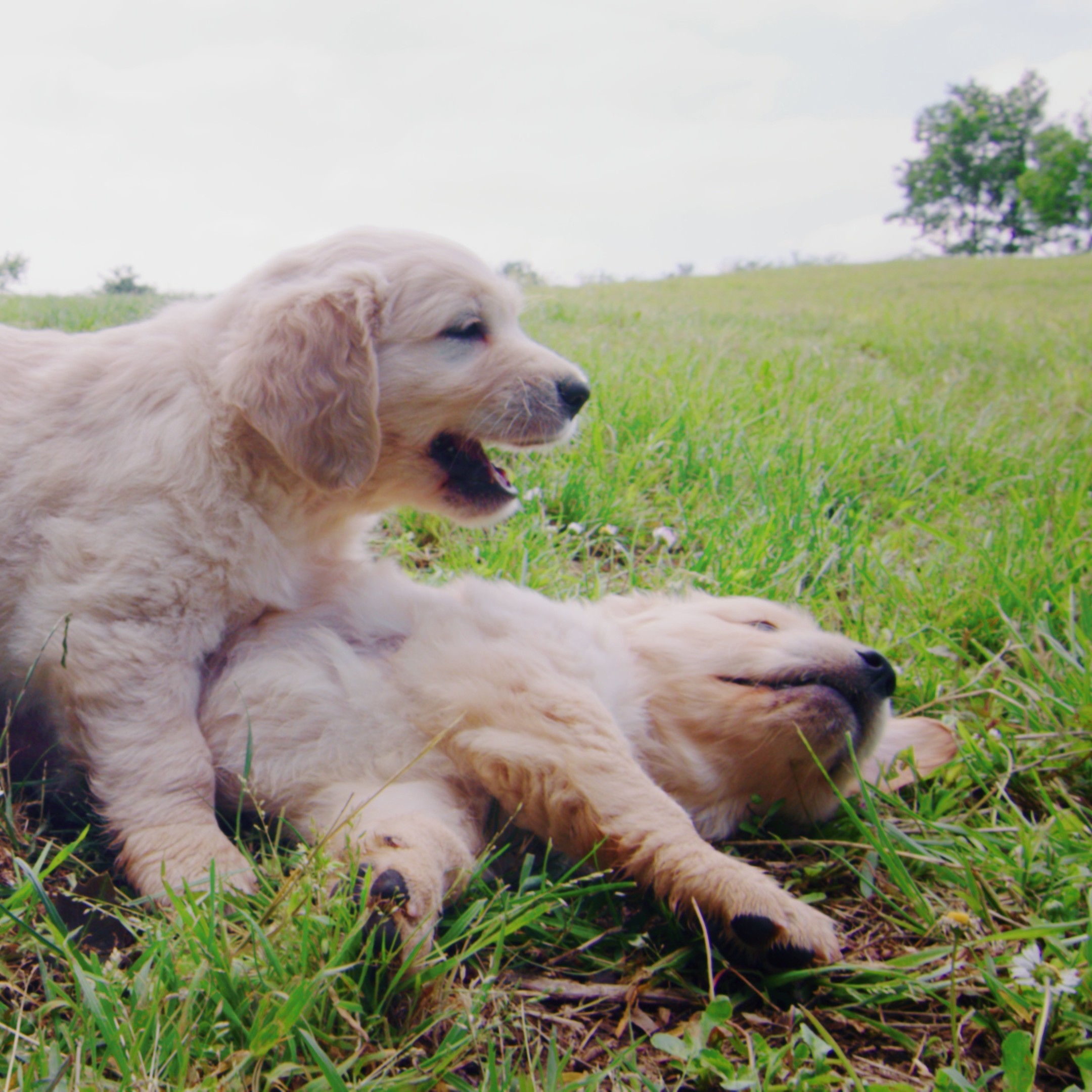

Why are brothers and sisters so annoying? Why do siblings often look a lot alike? Why do siblings fight? Can your sister be your best friend? Why do we fight with our siblings even if we love them? takes a look at the sibling relationship with Susan Dominus, author of . Download our learning guides: PDF https://npr.brightspotcdn.com/51/d9/dfde731c43dab1ed889afd686e4e/why-are-brothers-and-sisters-so-annoying.pdf | GOOGLE SLIDE https://docs.google.com/presentation/d/1r0tWT7JnNhCttnF54kfzLJGybEwMAfLDX55qfP25jp8/copy | TRANSCRIPT https://npr.brightspotcdn.com/e2/c0/30524e404d35bd56f2682e26935c/butwhy-siblings-ep283-full.pdf
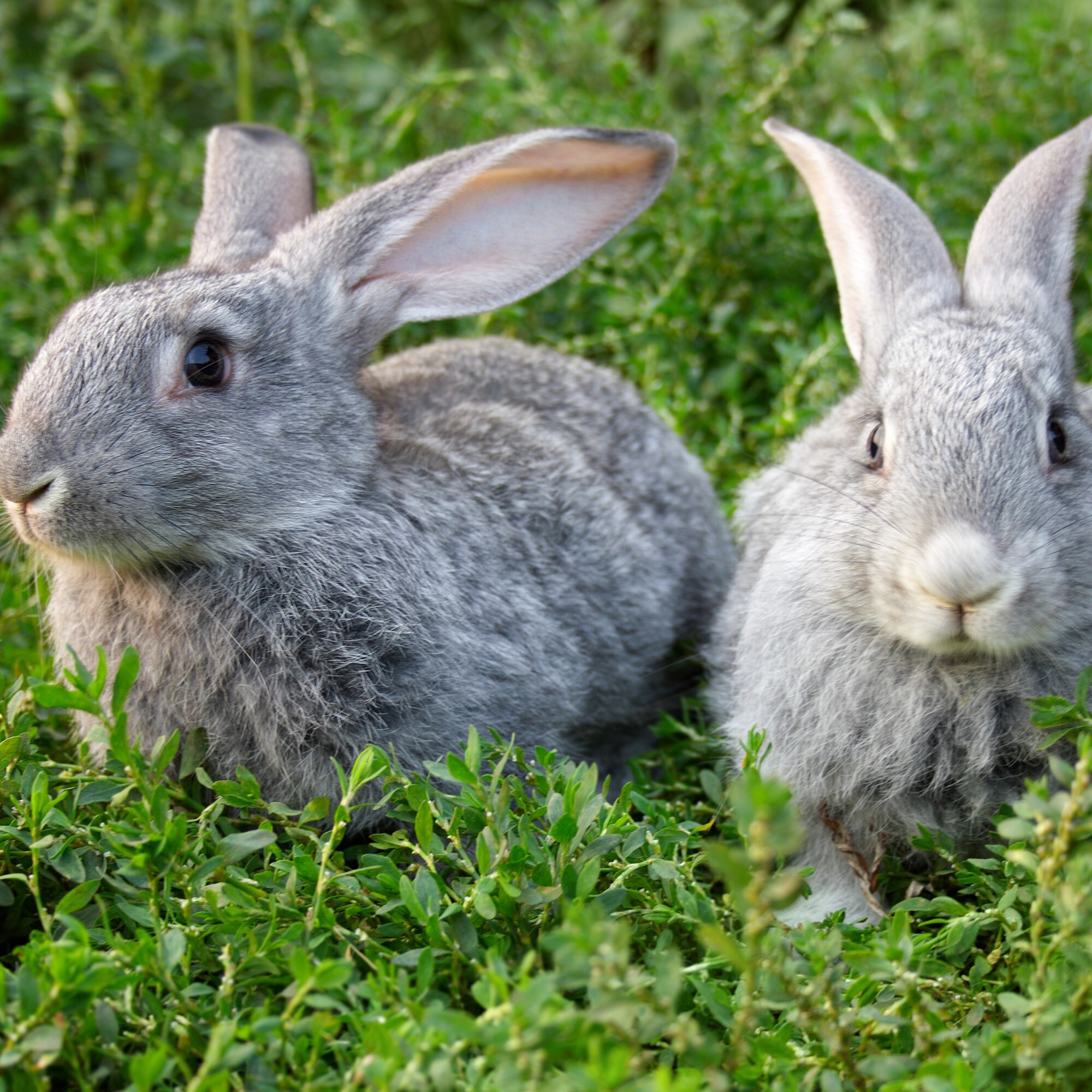

Why are rabbits called bunnies? Why do they have fur? Why do bunnies have puffball tails? Why do rabbits have eyes on the sides of their heads? Why do rabbits hop? Our guest is Margo DeMello, professor of anthrozoology at Carroll College in Montana. She’s also a rabbit rescuer and rehabilitator who is currently caring for 12 rabbits in her home! Download our learning guides: PDF https://npr.brightspotcdn.com/e7/f8/386609d64b3abb6e1e1a37dac94b/do-bunnies-come-out-at-night.pdf | GOOGLE SLIDE https://docs.google.com/presentation/d/1Sdd-6Zl8Aan9uJ7bBqzQa9YZpY1xG_ckLi6gxYB9WjY/copy | TRANSCRIPT https://npr.brightspotcdn.com/9f/b8/4dbc208844f981a8bff2a3596776/butwhy-rabbits-ep282-full-transcript.pdf
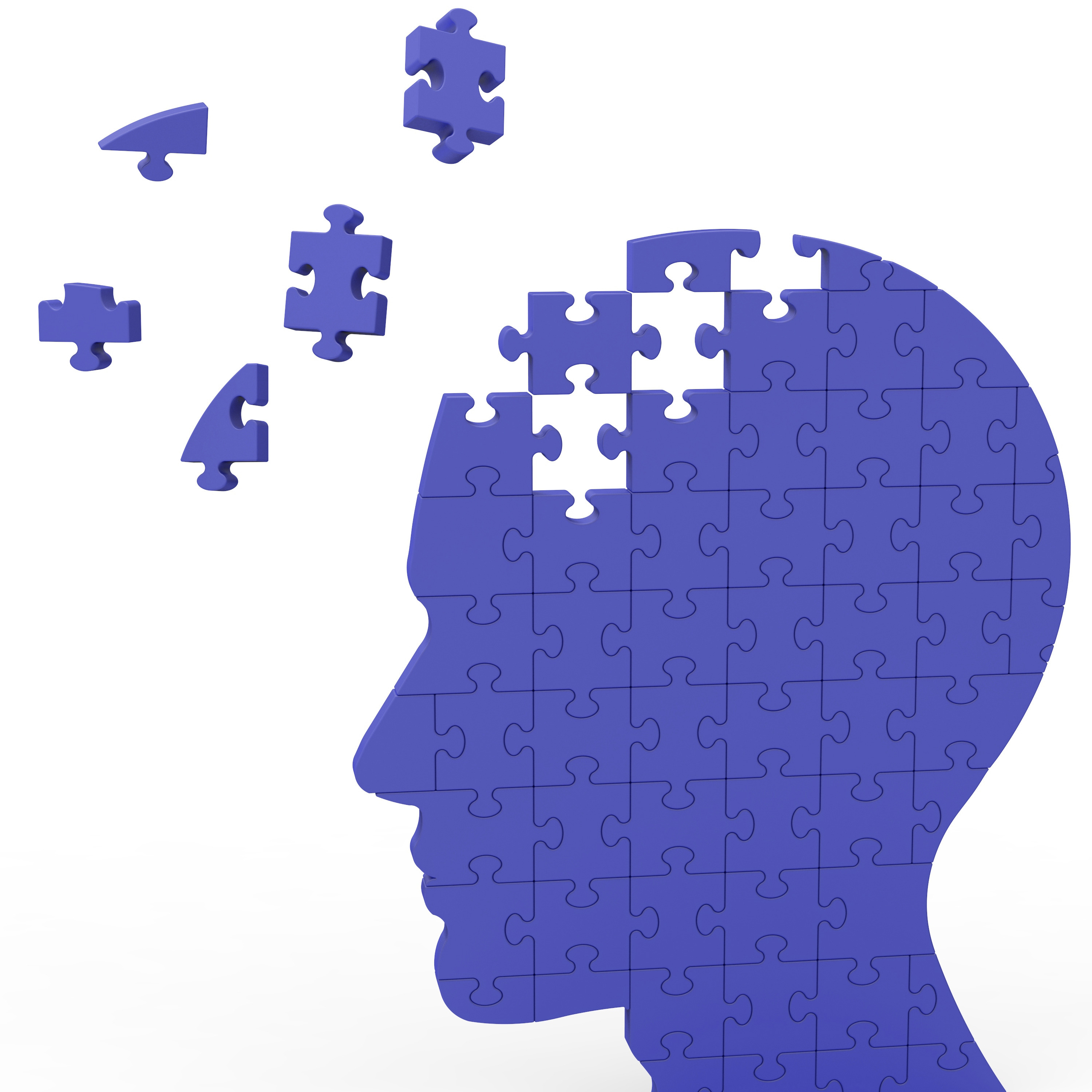

How does memory work? Why can’t we remember things that happened when we were babies? Why do we forget? Why are some people forgetful? Why do elephants have such good memories. What’s this episode about? I forgot! Oh yeah, how does our memory work! Our guest is Dr. Nick Turk-Browne, professor of psychology at Yale University. Download TRANSCRIPT https://npr.brightspotcdn.com/c0/fd/f94ea159444083b3badcee654430/butwhy-memory-ep281-full.pdf
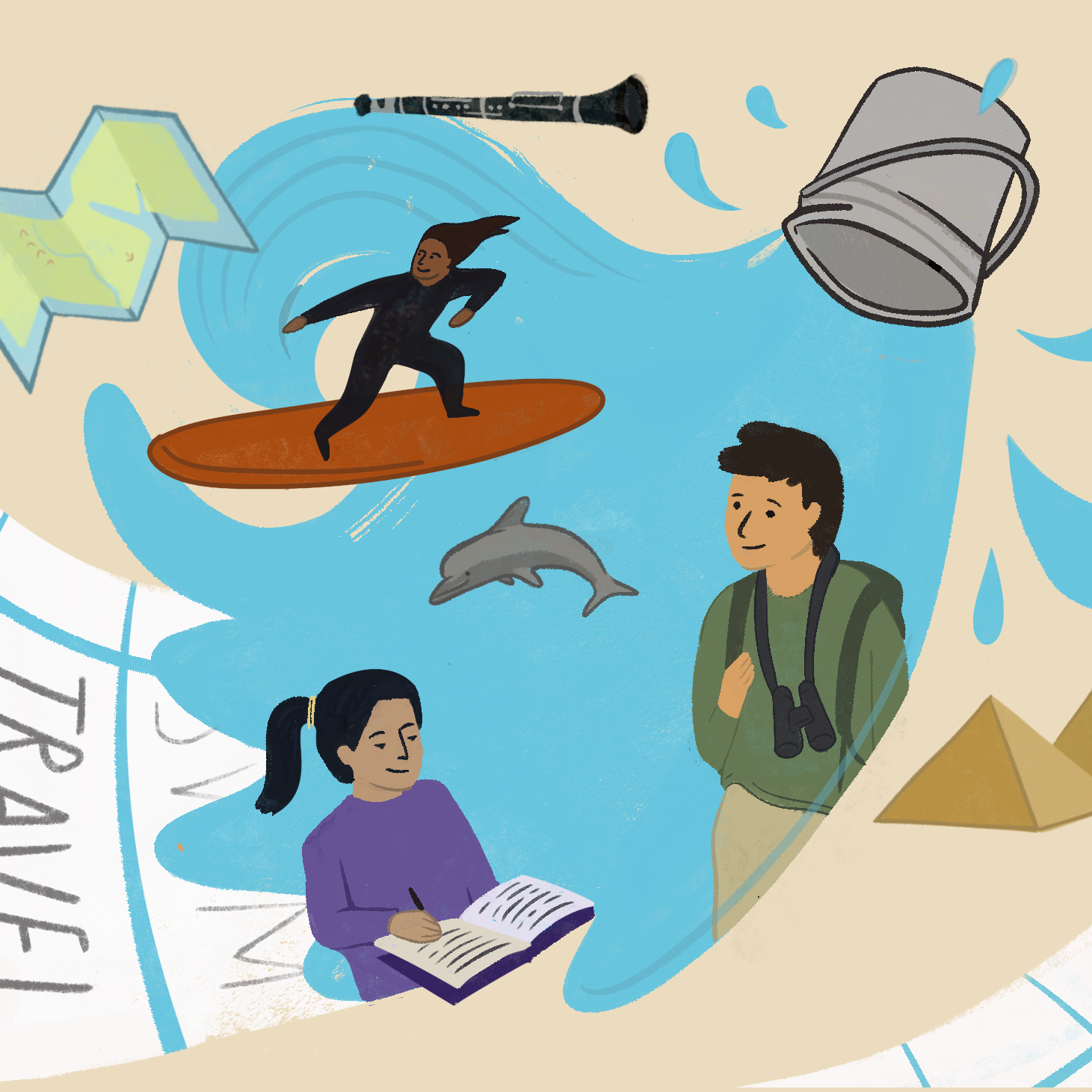

Have you ever heard of a bucket list? That’s an expression people sometimes use that means something big you want to do or see or accomplish in your lifetime! For our last episode every year, we like to turn things around and WE ask a question for YOU to answer! Our 2025 end-of-year question is for you to tell us what’s on your bucket list–what’s something really big that you hope to accomplish at some point in your lifetime? Listen to this episode for things to add to your bucket list! Download our Learning Guide: PDF https://npr.brightspotcdn.com/18/d5/07e2a5f7414bb721312c224f8ee0/whats-on-your-bucket-list.pdf | GOOGLE SLIDE https://docs.google.com/presentation/d/1lVEPCdrmgXvUs9zPatyA7m5wYOoLngLjRVbAWQdu_sQ/copy | TRANSCRIPT https://npr.brightspotcdn.com/83/3d/8a3e13234cd8840f8a029ba861c5/butwhy-bucketlist-ep280-full-transcript.pdf


Have you ever heard a fox scream at night and thought it was a human? And why, when goats bleat, do they sometimes sound like human babies? Animals can sometimes make similar noises but not because they’re feeling the same things. It often has more to do with how similar the sound-making structures in our bodies are! In this bonus episode, we learn about how animals make sounds and how their vocal folds work with Dougie Pickles, host of the sleepy adventure podcast COZY CRITTERS https://www.cozycritterspodcast.com/. Download TRANSCRIPT https://npr.brightspotcdn.com/d7/56/2fd92d674ba2bff0bb80d9e70ba8/butwhy-cozycritters-ep279-transcript.pdf
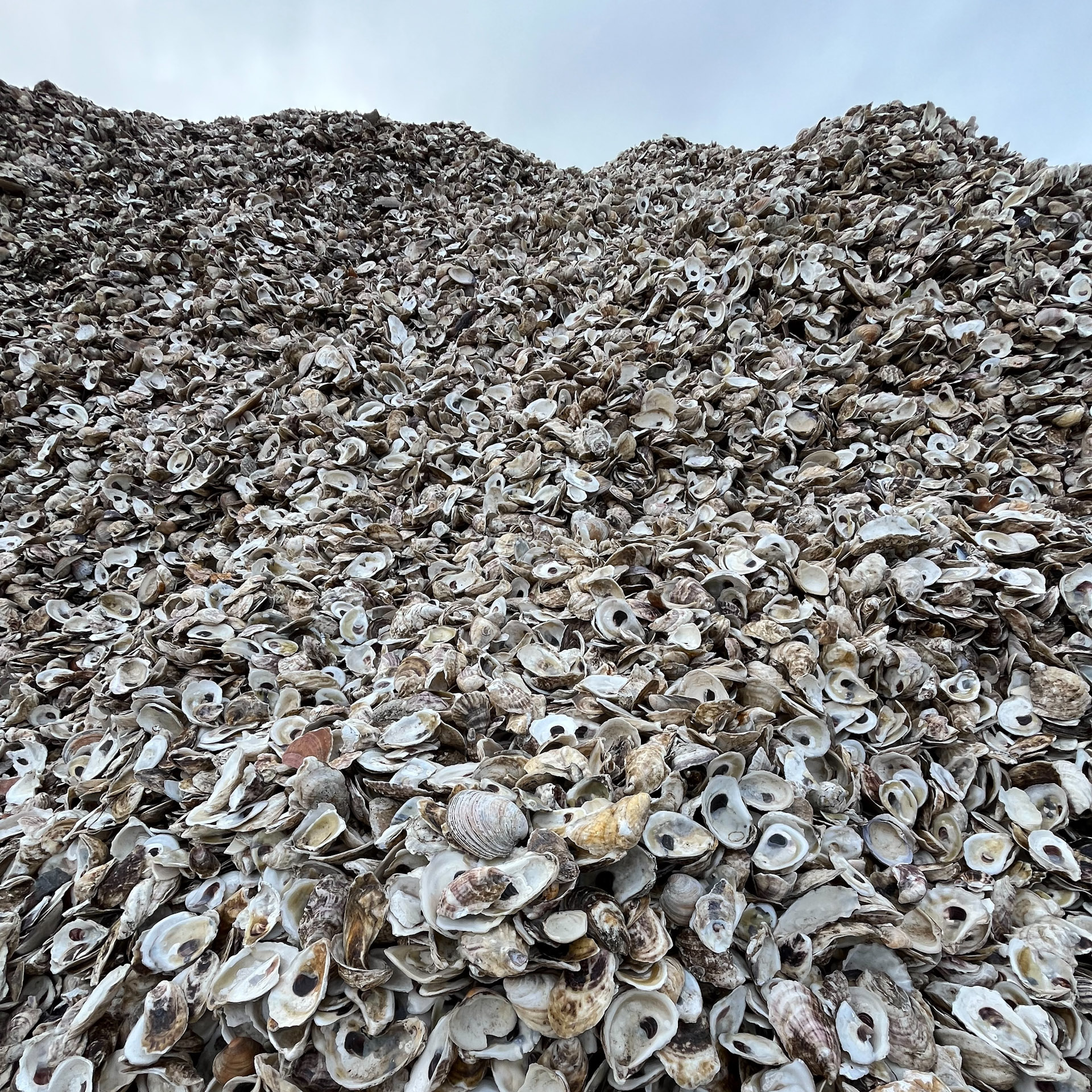

On a rainy, windy day, hopped on a ferry and headed to Governor’s Island in New York City with one thing on our minds - oysters! We met up with Mike McCann of the BILLION OYSTER PROJECT https://www.billionoysterproject.org/ to learn more about these very special bivalves. How do they get their shells? How long do they live? What do oysters eat and who eats them? Why do people eat oysters without cooking them? Download our learning guides: PDF https://npr.brightspotcdn.com/13/a3/5f4c1120491ab1b49ed1081de34d/how-do-oysters-make-their-shells.pdf | GOOGLE SLIDE https://docs.google.com/presentation/d/1Vl3bNvqo5JT1sXEhNOM0RNuIGmGt7LeaYeIEOqRZg_g/copy | TRANSCRIPT https://npr.brightspotcdn.com/51/f0/4e83ff4e4f99964f325d55dea5a3/butwhy-symphony-ep277-full-transcript.docx
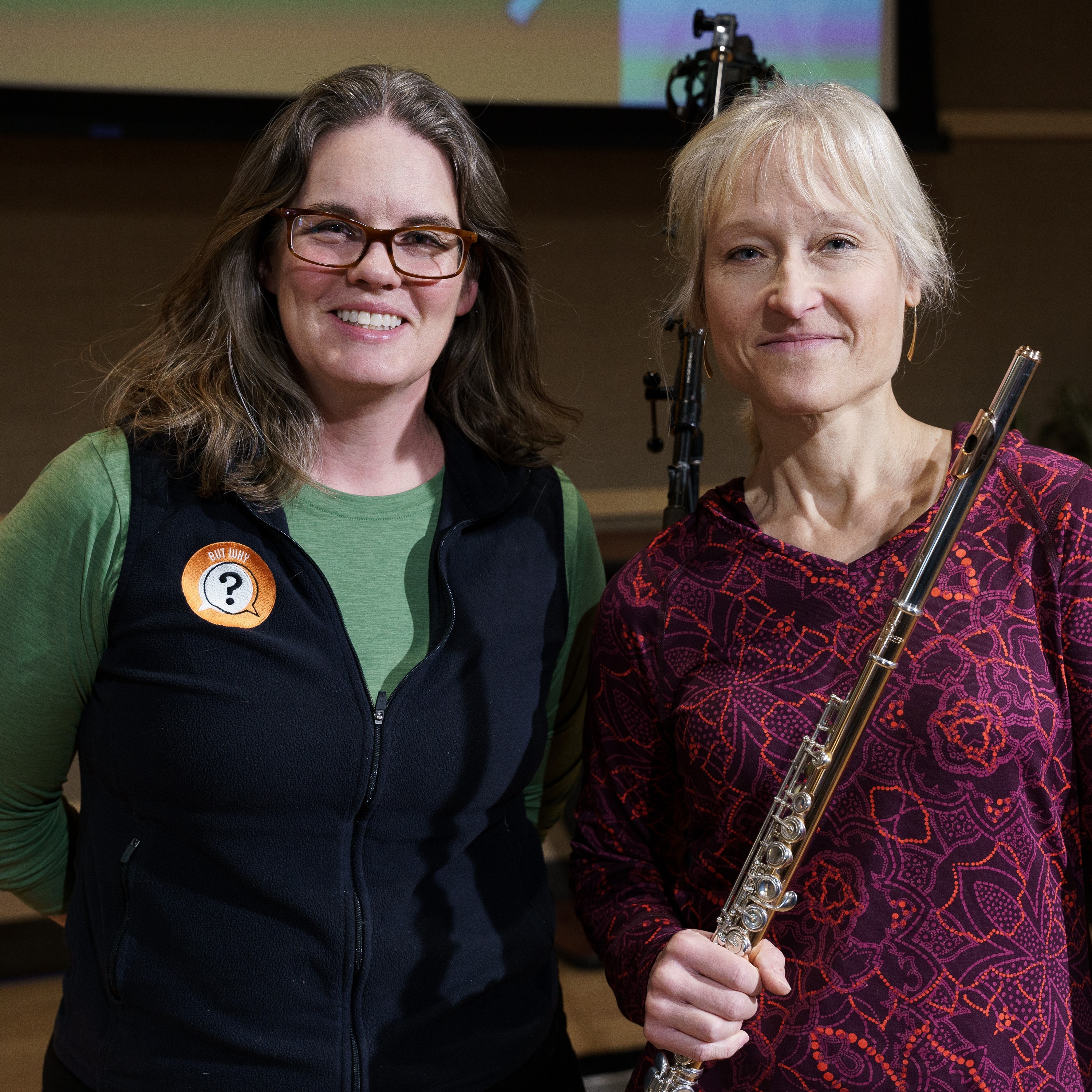

How do musical instruments make their sounds? Why do people play music in the first place? What’s a viola bow made out of? How are musical instruments made? How much do professional musicians practice? Three musicians from the Vermont Symphony Orchestra joined families at the Vermont Public Studios for a special live episode during our Curious Kids Day live events. We hear from Melissa Meilens on flute, Katie Oprea on oboe and Stefanie Taylor on viola. Download our learning guides: PDF https://npr.brightspotcdn.com/0b/37/ac1ae2fb448d8dd6735de0f9fef5/whats-an-oboe-how-does-a-flute-work-whats-a-viola.pdf | GOOGLE SLIDE https://docs.google.com/presentation/d/1DQwhtAHBkNHGCKjmFsjhc1G_UzTVloZCSRTcYwSSLVk/copy | TRANSCRIPT https://npr.brightspotcdn.com/9c/72/4160e7f24bba997a54daabee884d/butwhy-symphony-ep277-full-transcript.pdf


The Macy’s Thanksgiving Day Parade is an American tradition. It’s been going since 1924. This year marks the 99th parade (it took three years off during World War II). It’s famous for elaborate floats and huge character balloons that bob above the streets as the parade marches forward. Millions of people watch the parade live in New York City each year, but many many more watch it on TV. And some of you have questions! How do they make such big balloons for the parade and how do they choose which characters to feature? And how do they hold onto the balloons with such tiny strings? And, more generally, how do balloons float? What’s helium got to do with it? visits the Macy’s Studio workshop in New Jersey to see how the magic happens! Download our learning guides: PDF https://npr.brightspotcdn.com/df/fb/5b56942248c1a006f922010ecd96/how-big-is-a-macys-parade-balloon.pdf | GOOGLE SLIDE https://docs.google.com/presentation/d/1-NMgwFI-dwUBYAQRa8t8B6G0_0V6kKKpyVzL6eR9Dbs/copy


What’s your favorite color? Where do colors come from?Why do people see colors? Does everyone see colors the same way? How many colors are there in the world? We learn about colors with Kassia St. Clair, the author of a book called . We talk about the science of color as well as all the ways color and culture are intertwined. Download our learning guides: PDF https://npr.brightspotcdn.com/29/6a/d7c3943a48699365179e4a9cf96d/why-are-there-so-many-colors.pdf | GOOGLE SLIDE https://docs.google.com/presentation/d/1y9qeoMsOoOG-wSGrVlnvQHrNc4Et_pVE1Vc0JpIM8mc/copy | TRANSCRIPT https://npr.brightspotcdn.com/27/8a/8528092443e5bb8b06ff0bbee522/butwhy-colors-ep275-full.pdf
Who invented candy? Why is it so sweet? Why does hard candy melt in your mouth? How are candy corn, gummies and nerds made? What makes pop rocks pop? We talk with traditional candy makers at STICKY https://stickyusa.com/ in California and HERCULES CANDIES https://www.herculescandy.com/ in New York about how these sweet treats take their shape. And we get a little reminder about why we can’t eat sugar all day, every day. Download our learning guides: PDF https://npr.brightspotcdn.com/40/2a/5907f4bb491e91352ef5151d8695/how-is-candy-made.pdf | GOOGLE SLIDE https://docs.google.com/presentation/d/1D6pfnwHo6YF_z3vYikakqUMCOOpWsDwJniPCP73K-lo/copy | TRANSCRIPT https://npr.brightspotcdn.com/d2/6c/dda90eaa420b9c81ddf2cd488f51/butwhy-candy-ep274-full.pdf
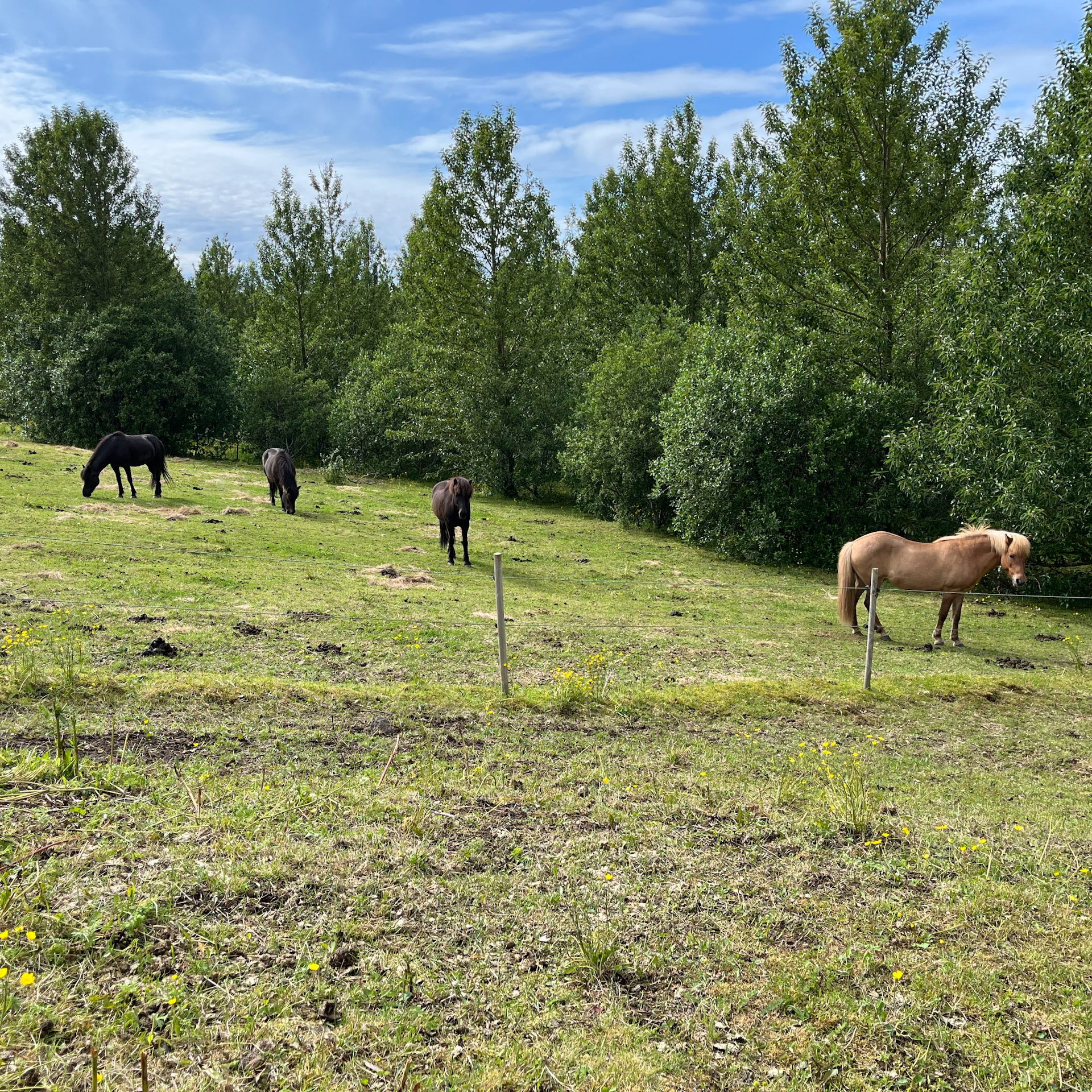

Why are horses so big? Why do horses have tails and manes? How do their legs move? Are their bones in their hooves? What do they eat and how do they run and jump? We tackle those questions and more in this episode all about horses. We’ll also learn a little bit more about the unique horses in Iceland, where there’s a strict ban on horses coming in from other countries. visited riding instructor Sonja Noack at Hestasnild, a riding school in Iceland, to get answers to all your equine questions. Download our learning guides: PDF https://npr.brightspotcdn.com/0d/0c/2b748251410698c4bde831a9f5c8/why-do-horses-sleep-standing-up.pdf | GOOGLE SLIDE https://docs.google.com/presentation/d/1cvllw8x4sJlofkin1pL2fDU891PCOLX0yHFxns8IWfU/copy | TRANSCRIPT https://npr.brightspotcdn.com/04/9c/4ea3b39f41d3b0e5ceef4ffb8e95/butwhy-horses-ep273-full.pdf
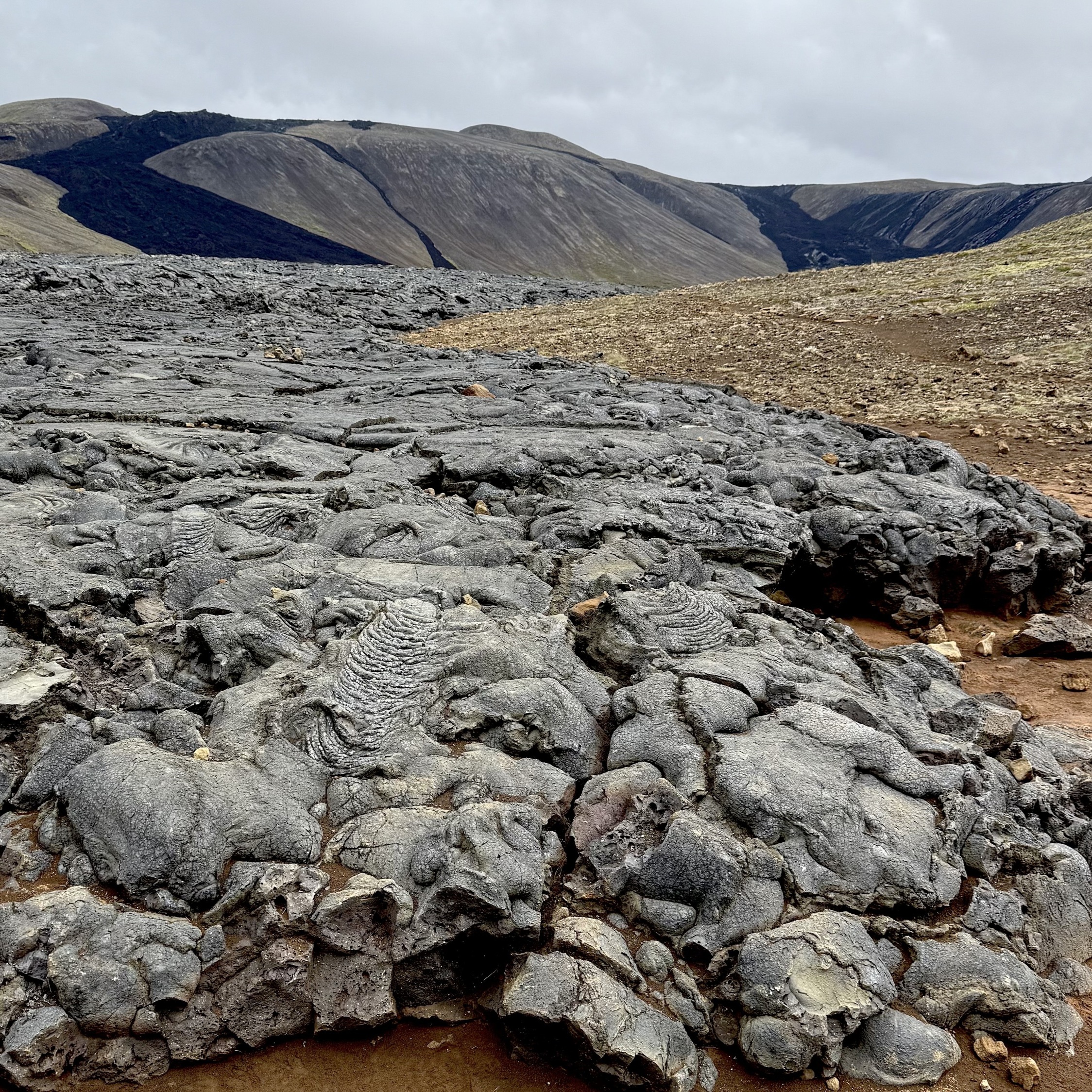

Volcanoes have been erupting on Earth for BILLIONS of years, and they’re still creating new landscapes today! Volcanoes can seem mysterious and scary, but people all over the world have learned to live in close proximity to active volcanoes. Today we answer questions you’ve sent us about how they form, how they erupt, what magma/lava is, and how volcanologists work to predict when they might erupt. Our guest is Freysteinn Sigmundsson, a volcanologist and professor at the University of Iceland. Download our learning guides and transcript: PDF https://npr.brightspotcdn.com/45/9f/d2f9c00c4b5b8d7d46ef52322b07/when-did-volcanoes-start-existing.pdf | TRANSCRIPT https://npr.brightspotcdn.com/18/2c/0a9f689043bfb514ab77197d21e9/butwhy-volcanoes-ep272-transcript.pdf
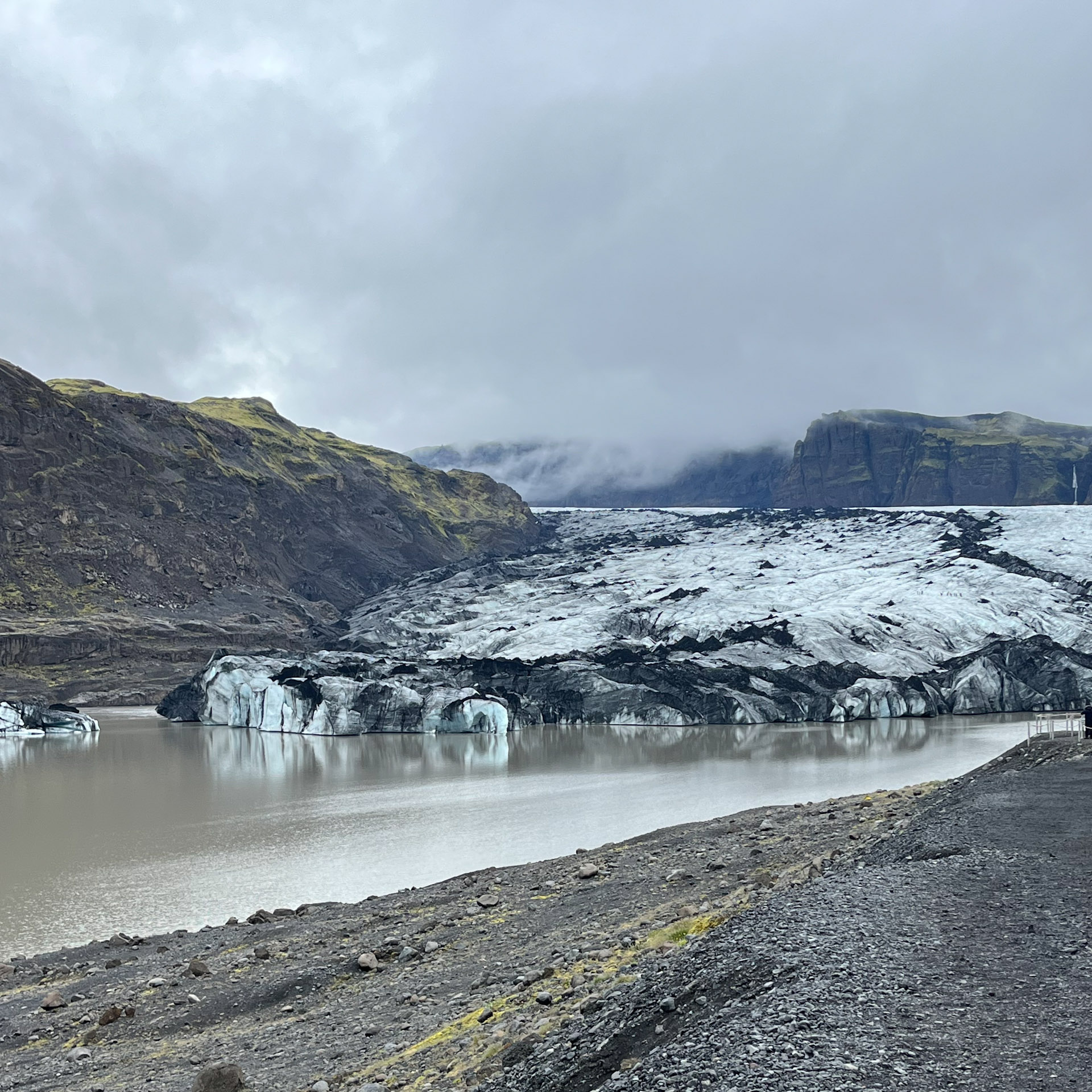

went somewhere really cool - literally - and we’re taking you along! We visited Sólheimajökull, a glacier in southern Iceland and then talked with University of Iceland glaciologist Guðfinna Aðalgeirsdóttir to discover how glaciers are formed, why they can be different colors, and how they shape the land. (Do you know the difference between a V-shaped valley and a U-shaped valley? Glaciers!) Plus we’ll talk a little bit about why glaciers around the world are retreating at such a fast pace. Download our learning guides: PDF https://npr.brightspotcdn.com/9b/0b/eabe80fd4224aac2aa4eeaeba9fd/how-are-glaciers-formed.pdf | GOOGLE SLIDE https://docs.google.com/presentation/d/1zNqUKpBZ6h-IR0n8lQJ35wLZlNVZit98n4kj1ztAVKg/edit?usp=sharing | TRANSCRIPT https://npr.brightspotcdn.com/c9/a2/087db8964577ac0a0dd6b6710985/butwhy-glaciers-ep271-transcript.pdf
Have you noticed especially hazy skies where you live over the last few summers? While many parts of the world are experiencing more frequent and intense wildfires, even places that are nowhere near the fires are being impacted by the smoke from fires hundreds or thousands of miles away. Wildfire smoke gets so high in the atmosphere, it can be blown across a continent in a matter of days. In this special bonus episode, we’re going to learn the how and why of wildfire smoke that drifts around the world. And we’ll talk a little bit about how to stay safe when air quality goes down. Our guests are Professor Joel Thornton of the University of Washington and Dr. Gregg Furie of Brigham and Women's Hospital in Boston. Download our learning guides: PDF https://npr.brightspotcdn.com/c1/ba/30077a73490b889325a5390974b5/how-does-wildfire-smoke-travel-so-far.pdf | GOOGLE SLIDE https://docs.google.com/presentation/d/1S_aJ1N1gO7WNoxB1D_9FqRKSsGJs4-3Njw_sbBOszOk/copy | Transcript
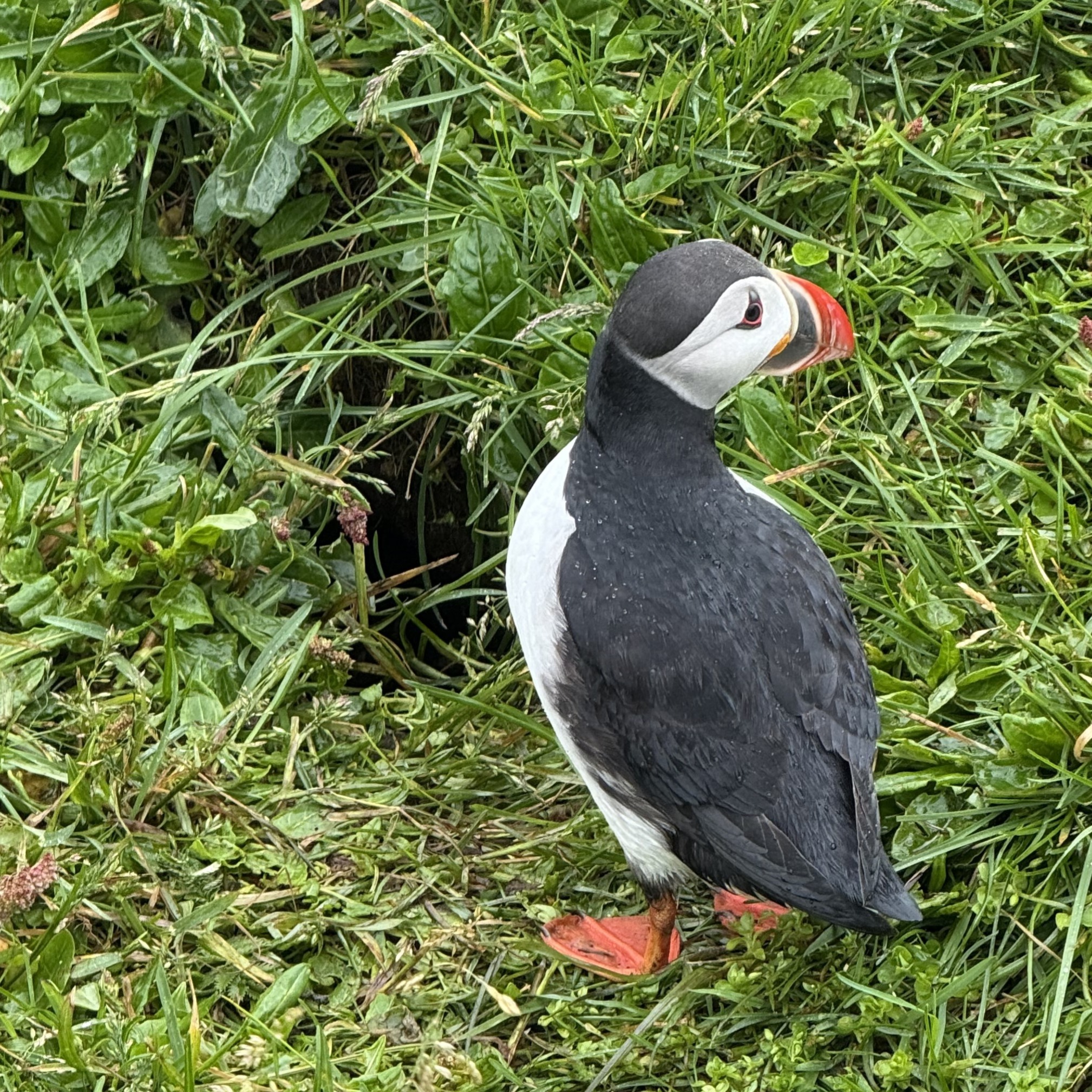

Have you ever seen a puffin? With their bright beaks, orange feet and black and white coloring, these birds are very cool to look at. And we’ve gotten a lot of questions about them! In this episode, we talk with Don Lyons, an educator and avian ecologist with the Seabird Institute in Maine. What are puffins? Why are puffin beaks so colorful? Why do puffins dig burrows? How do puffins learn to fly? How can you tell if a puffin is male or female? How long can puffins hold their breath? Why do they have red feet? Download our learning guides: PDF https://npr.brightspotcdn.com/b8/4b/1498e13944debb95ff9a374f599f/why-are-puffins-beaks-so-colorful.pdf | GOOGLE SLIDE https://docs.google.com/presentation/d/1lvEzNQBN-uwLjRW5DMjx_-0qRuVp7LIX-wvP0Wzr_P4/copy | TRANSCRIPT https://npr.brightspotcdn.com/b8/12/3a765a604294a124543117fd4685/butwhy-puffins-ep269-transcript.pdf
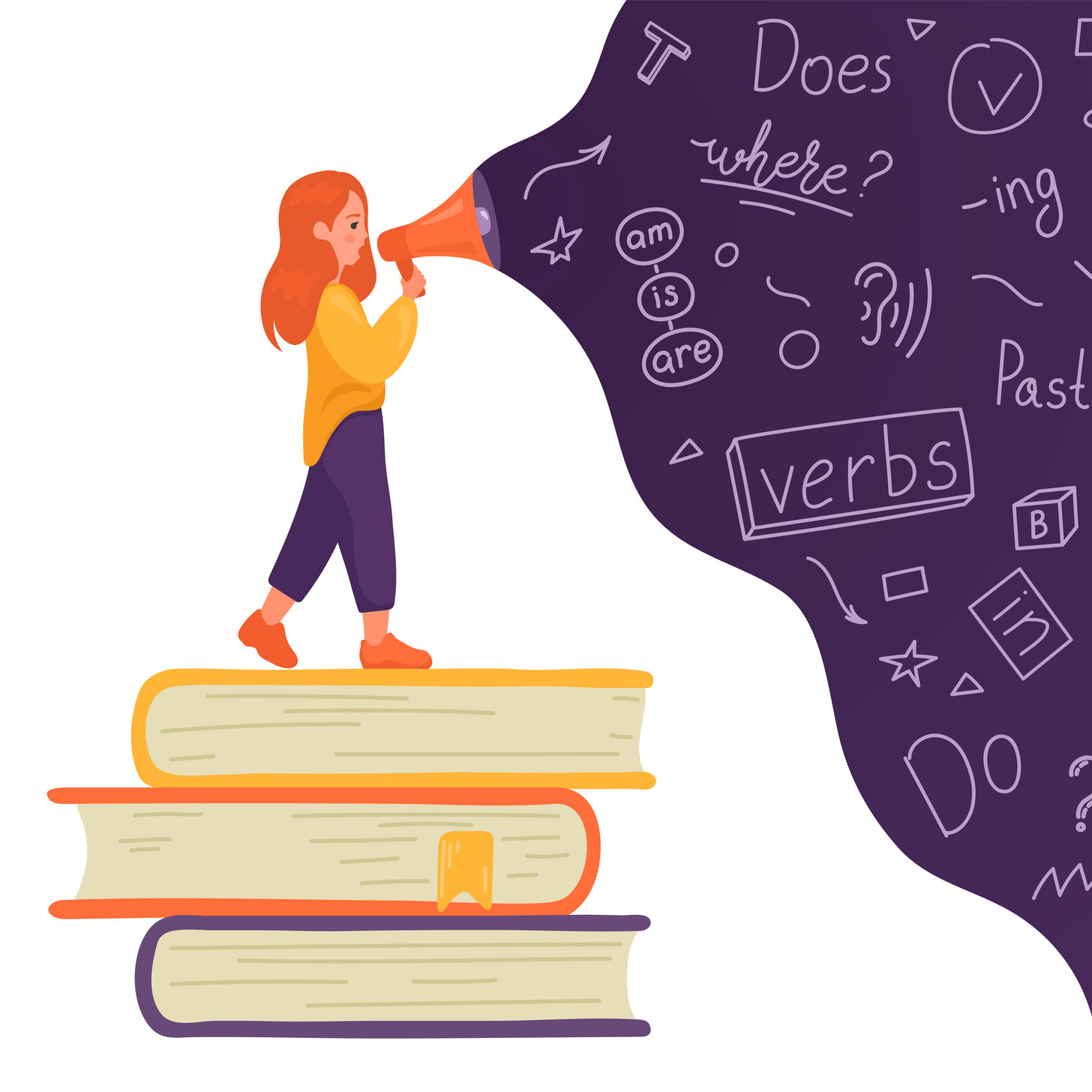

Where did the English language come from? Why do words have silent letters? Why do some people have accents? Why do some words sound similar? Answers to all of your questions about English and words with sociolinguist Erica Brozovsky, host of a PBS digital show called https://www.pbs.org/show/otherwords/. Download our learning guides: PDF https://npr.brightspotcdn.com/00/8f/f8e015c64cfc8b457a40a28ea3ec/who-invented-the-english-language.pdf | GOOGLE SLIDE https://docs.google.com/presentation/d/11ei6vC5bVfVaAmvUr4iRwFBIroZ1QvyjEs_JmeE6xxQ/copy | TRANSCRIPT https://npr.brightspotcdn.com/60/27/06f7989643559d336ad49655044a/butwhy-words-ep268-transcript.pdf
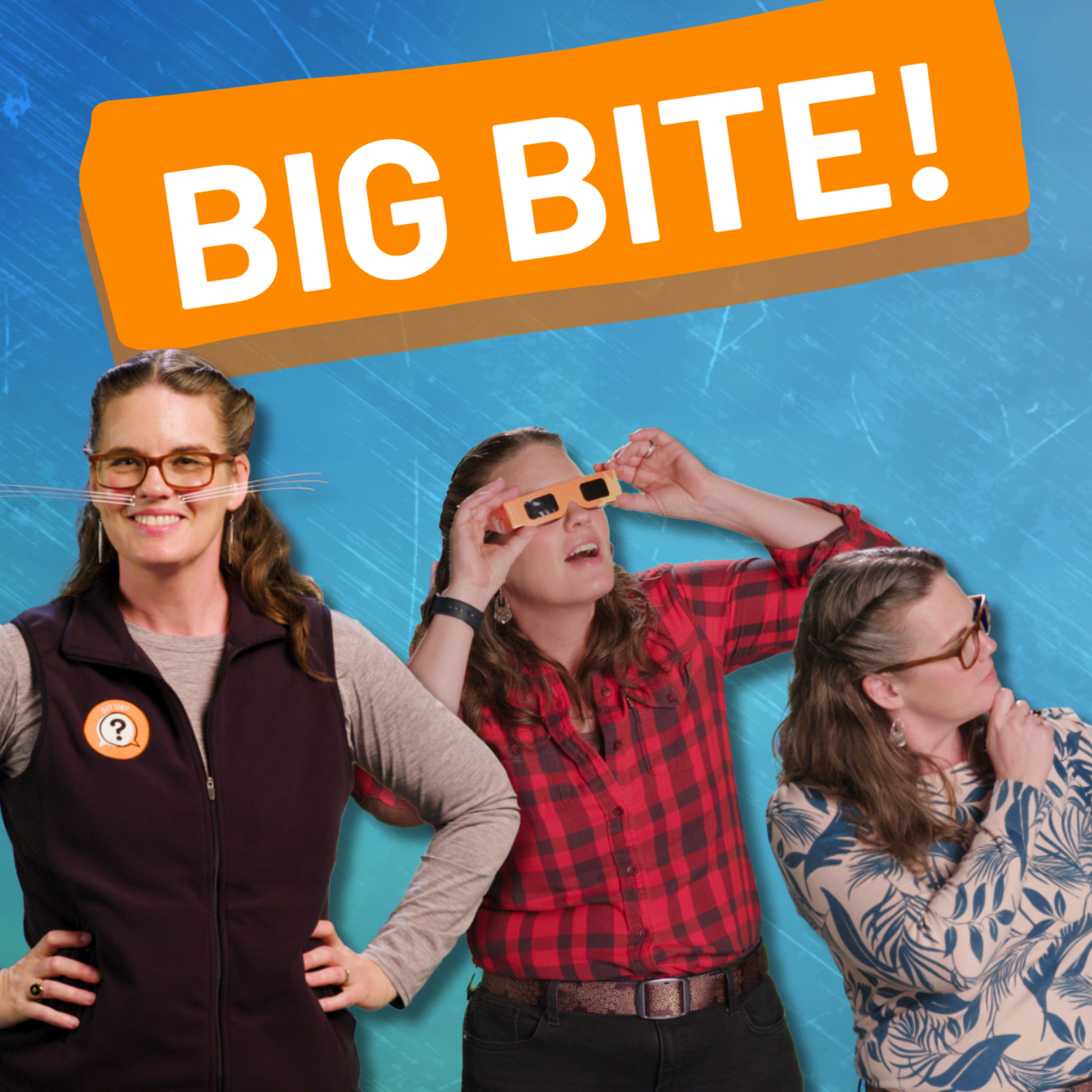

For today’s episode, we’re doing something a little different! We’re going to be listening to our video series, BUT WHY BITES https://youtube.com/playlist?list=PLEa-quDy31tSM-m0wevOGbb4z6oQ1GR80&si=qlJiPiVBY6upIpPC! (Even without the video part, they’re really cool!) Every other week over on our YOUTUBE CHANNEL http://www.youtube.com/@butwhy_kids, we answer one kid question in a short and sweet little video. You can find all of them at the BUT WHY KIDS CHANNEL http://www.youtube.com/@butwhy_kids while you enjoy this compilation of episodes that we’re calling a BIG BITE https://youtu.be/b0O8zsaMUuA.
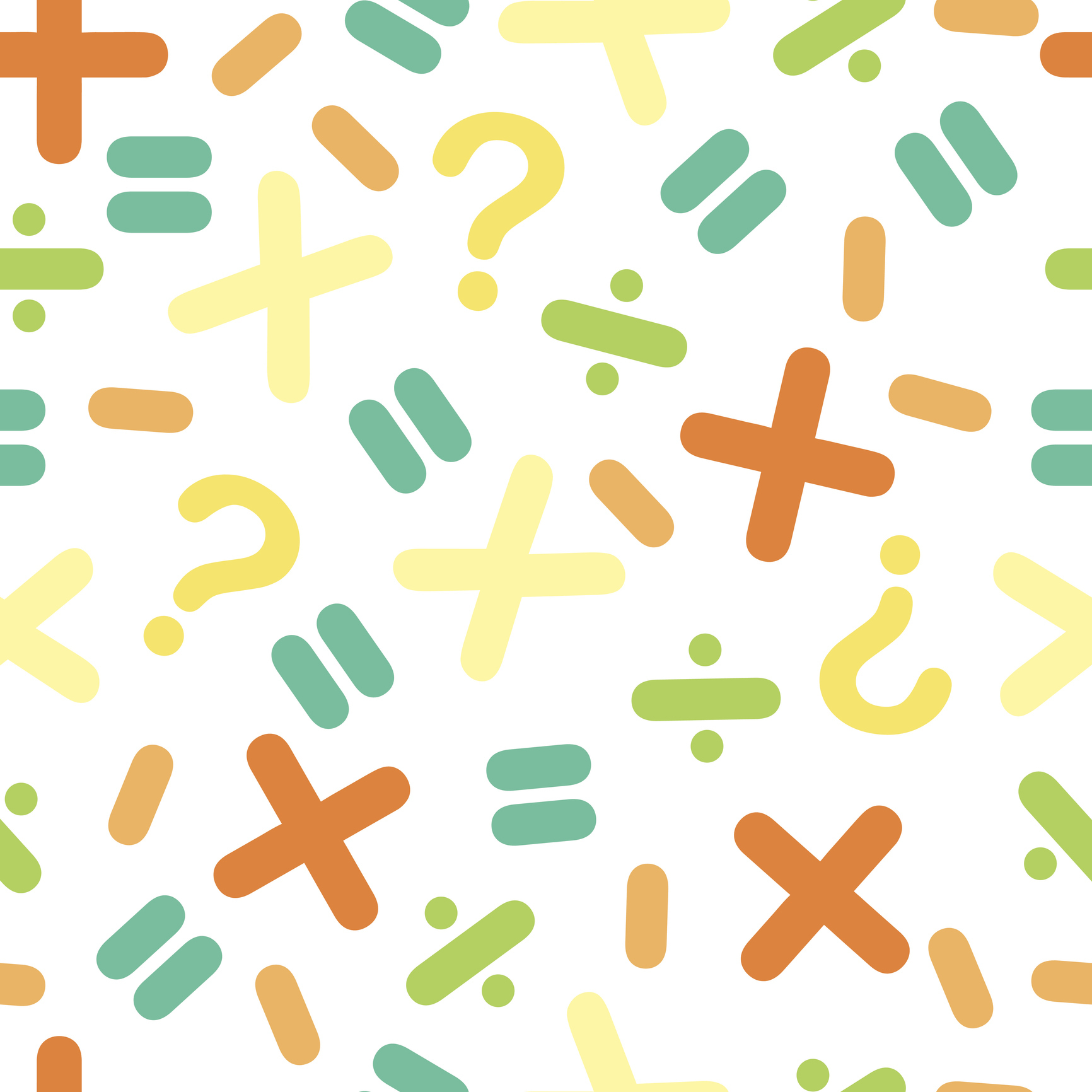

Who created math problems? Why does one plus one equal 2 and not 11? Why do numbers go on forever? Why are numbers for counting? Why do you need math? If you love math, this is the episode for you. And if you hate math…this is the episode for you! We’re answering all kinds of questions and demystifying the science and beauty of the discipline of mathematics with Dr. Melania Alvarez, outreach coordinator for the Department of Mathematics at the University of British Columbia in Canada. She’s also education coordinator for the Pacific Institute for the Mathematical Sciences. And she loves all your mathematical questions! Stay tuned for a math puzzle you can solve during the episode! Download our learning guides: PDF https://npr.brightspotcdn.com/ed/96/005c97354d35bdc8bf6bc63cb829/who-created-math-problems.pdf | GOOGLE SLIDE https://docs.google.com/presentation/d/1Q7Fawj3hSd3SXt8otBsTk_t23rX2mpUh47LChQGCfpM/copy | TRANSCRIPT https://npr.brightspotcdn.com/58/1e/3ed98878493c82b99da56d41c873/butwhy-math-ep266-transcript.pdf MATH QUESTION: There's a farmer who sells live chickens. He goes to three markets to sell them. At the first market, he sells half of his chickens, plus half a chicken. Then he goes to the second market, where he sells half of his remaining chickens, plus half a chicken. At the third market, he sells half of all his remaining chickens, plus half a chicken. And he is left with no chickens. How many chickens did he have at the start? (HINT: No chickens were harmed at any of the markets, and they were all fully alive when they were sold.) (Answer: 7 chickens)


Ever wondered why some spices burn your throat while others tickle your nose? Or why some of us live for spicy foods while others sweat at the mere thought of a habanero? How do pickles stay crunchy if they’re sitting in brine for weeks on end? And why do we have such different food preferences from our friends? We’re answering your food questions with chef and author Kenji López-Alt, author of the kids book and co-host of THE RECIPE https://www.therecipepodcast.com/. Download our learning guides: PDF https://npr.brightspotcdn.com/0b/48/23da28bd4c6f89d6460f510233ed/why-do-some-people-like-spicy-food.pdf | GOOGLE SLIDE https://docs.google.com/presentation/d/1CJUVFwcp6RQOAuWRAGJklYviq2UrPOVIcRF_ygOMwcU/copy
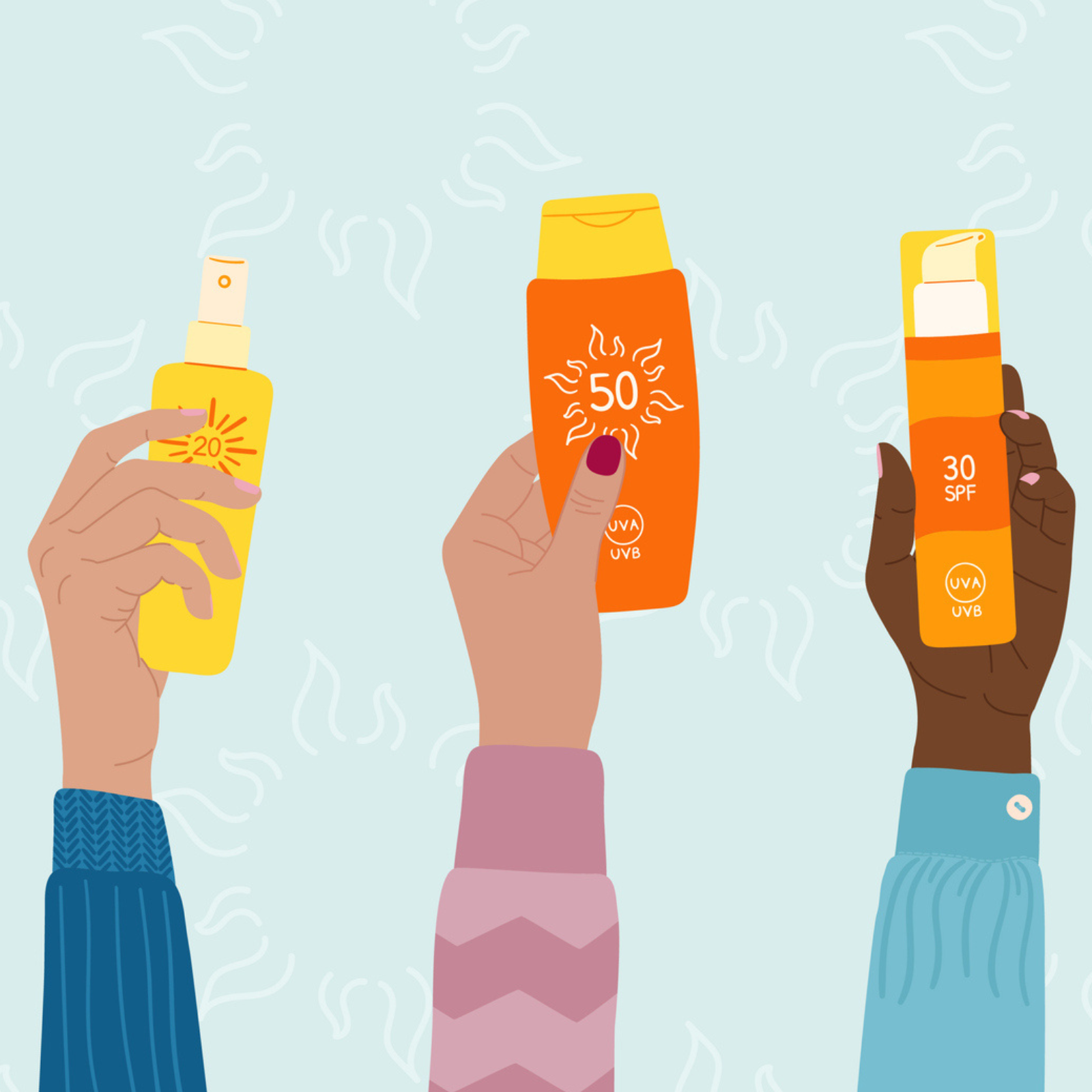

It’s summer and that means slathering yourself with sunblock before you’re allowed to go run around outside. Not everyone loves that ritual: sunscreen can be cold or sticky. Sometimes it gets in your eyes, and it always feels like it’s time to reapply JUST as you’re about to jump in the water or go kick the ball. So, what’s the deal? Is it really all that important? We get the scoop from Dr. Jeff Yu, a pediatric dermatologist at Massachusetts General Hospital. He’ll help us understand: What is a sunburn? What’s a tan? How does sunscreen work? How do you protect your eyes? Download our learning guides: PDF https://npr.brightspotcdn.com/37/eb/325845744e888e3bd0459da5ff27/why-do-we-need-to-use-sunscreen.pdf | GOOGLE SLIDE https://docs.google.com/presentation/d/1f-Mv34ixjZVYn8ML8xhO1RCVw20OyEVv_iK1-KS_OyI/copy | TRANSCRIPT https://npr.brightspotcdn.com/fb/8c/3882c1b94ee5a4ec47a37342549f/butwhy-sunsafety-ep264-transcript.pdf
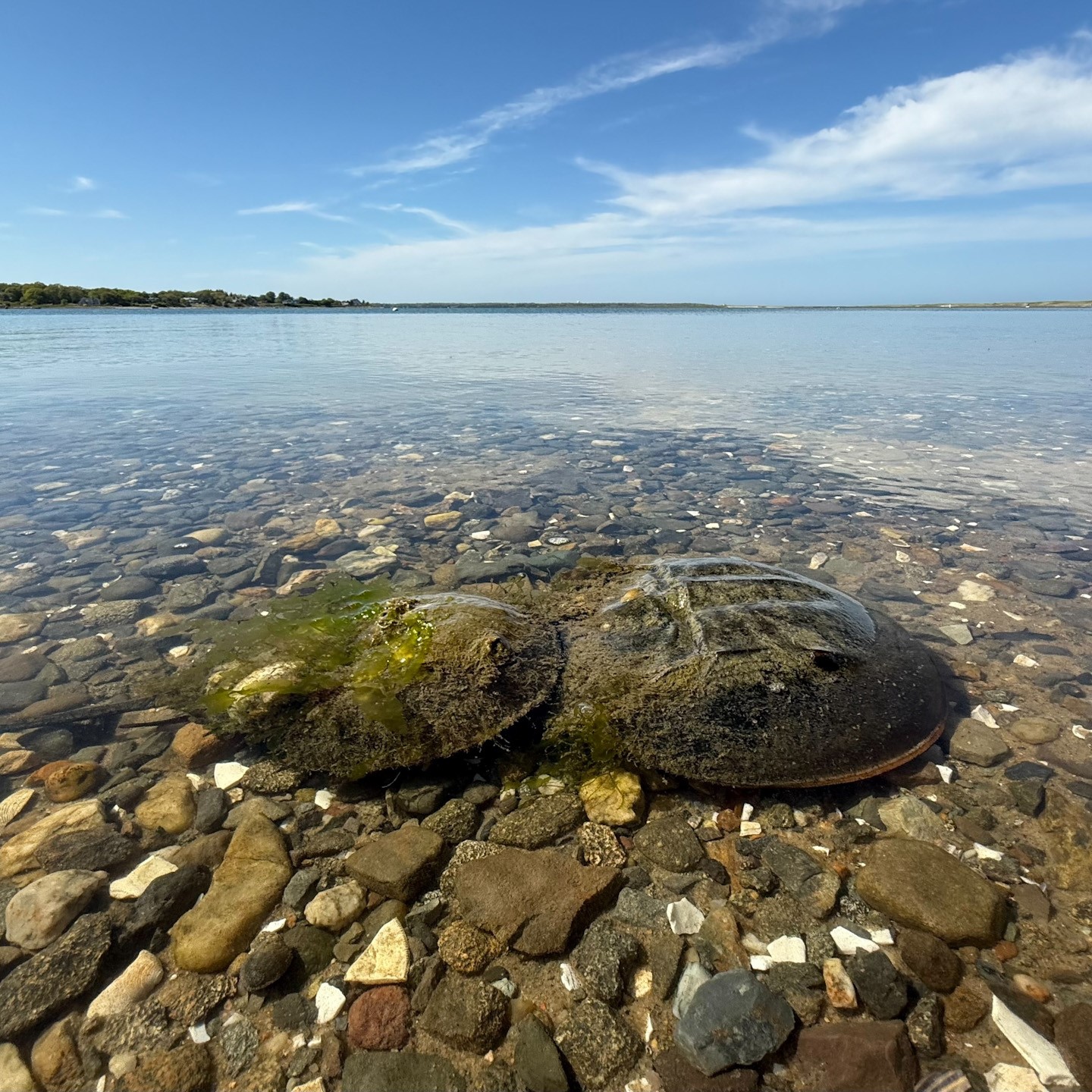

How did horseshoe crabs get their names? Are they even crabs? And did they really exist before the dinosaurs? Early spring presents a unique opportunity to see these living fossils up close as they scuttle up to the shoreline along the Atlantic coast of the United States to mate and spawn. But Why traveled to Cape Cod to see horseshoe crabs up close. There we met up with horseshoe crab expert Sara Grady, who works for Mass Audubon. We learn all about these arthropods and answer questions like: Can humans eat horseshoe crabs? What’s with the pointy tails? Do they pinch? How long do they live? And what’s so special about their blood? Download our learning guides: PDF https://npr.brightspotcdn.com/0a/ad/e00dde774a7e90b09aa6a0f4e379/are-horseshoe-crabs-crabs.pdf | GOOGLE SLIDE https://docs.google.com/presentation/d/1Qw_T_hHncJL0M21k5vSwsVeKpTQ9FMDz1AmZPpaj9-M/copy | TRANSCRIPT https://npr.brightspotcdn.com/fa/ff/e0f9f1a84399a6e2b5a426effab6/butwhy-horseshoecrabs-ep263-transcript.pdf
Emoji are those little images you can send in text messages to friends and family. Nine-year-old Leila in New Jersey wants to know how they were invented. So in this episode we find out with Jane Solomon, editor at Emojipedia https://emojipedia.org/ and Paul Galloway of the Museum of Modern Art https://www.moma.org/ in New York. We learn what the first emoji looked like, way back in the dark ages of the 1990s and we explore how emoji may be a new trend, but communicating through pictures is a very old tradition. Plus, are emoji…art? Give this episode a 👂to find out! Download our learning guides: PDF https://npr.brightspotcdn.com/56/d6/d3ab516445debad45b081b7e16f7/who-invented-emoji.pdf | Google Slide https://docs.google.com/presentation/d/1mzbi4JWT32h4rbe8G5zicl1XeGS-8B42MXDC0m77btE/copy | Transcript https://npr.brightspotcdn.com/23/83/50f8035a4523b87c0af35f03c14a/but-why-194-emoji.pdf
Why do walrus look the way they do? Why do they have such long tusks? Do they have other teeth? Do walruses migrate? We learn all about these majestic giants with Adam Ratner of the Marine Mammal Center in Sausalito, California. Download our learning guides: PDF https://npr.brightspotcdn.com/26/7f/cac093c94d998eab5dab67962dae/why-do-walruses-look-so-weird.pdf | Google Slide https://docs.google.com/presentation/d/1PtskNbKq2JUBhkRJ-gQvo7bDzYhD_o1qOnwOYNy_nRM/copy | Transcript https://npr.brightspotcdn.com/26/7f/cac093c94d998eab5dab67962dae/why-do-walruses-look-so-weird.pdf
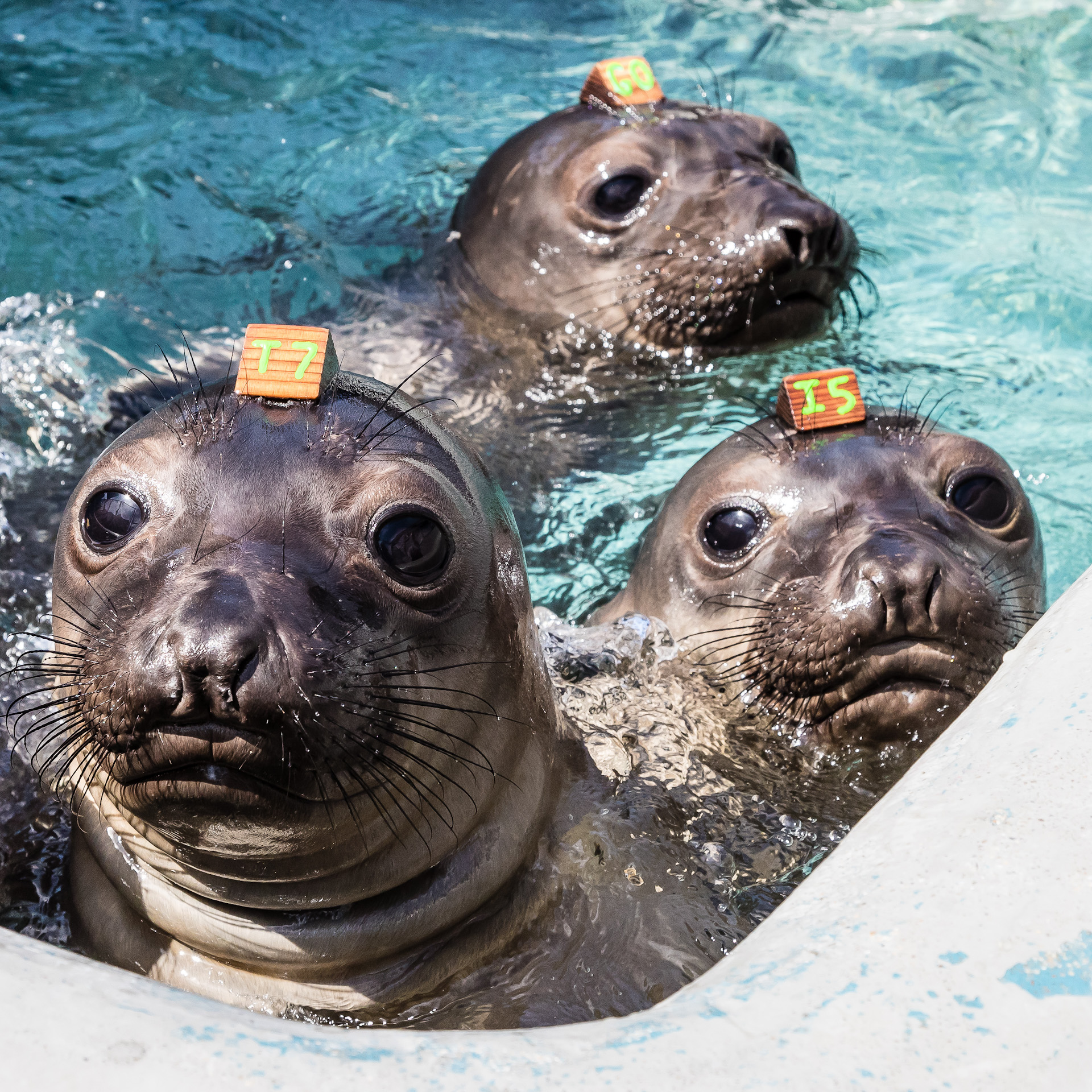

What’s the difference between seals and sea lions? Do seals bark? Are they gray? Do harbor seals live in snowy regions? Why do sea lions eat fish? Why do sea lions fight each other? Seals and sea lions are pinnipeds, fin-footed marine mammals, and we’re learning all about them today with a visit to the Marine Mammal Center in Sausalito, California, where marine biologist Adam Ratner answers all your pinniped questions! Download our learning guides: PDF https://npr.brightspotcdn.com/70/fe/87def2884ccab64e229e4ef0d689/whats-a-seal-whats-a-sea-lion.pdf | Google Slide https://docs.google.com/presentation/d/1k4HiFjR7UOog3gbZZtZtzd6q0tnCcg5LUitJk98oggY/copy | Transcript https://npr.brightspotcdn.com/ae/99/47b277734bfbad1805e55c5dcc08/butwhy-pinnipeds-ep260-transcript.pdf You can watch the sea lions at San Francisco’s Pier 39 no matter where you live by checking out the live stream at pier39.com/sealions http://pier39.com/sealions!


What are atoms made of? Why is everything made of atoms? Why are atoms so small? How many atoms are there in the world? How did scientists find atoms if we can’t see them? How do atoms get their color? We learn about atoms with Dr. Ben Still, author of “Particle Physics Brick by Brick” and “The Secret Life of the Periodic Table.” His new book, “How the Universe Works,” will be released in September. Download our learning guides: PDF https://npr.brightspotcdn.com/a5/67/2d2e2476423e9f025f5a6149f9b6/do-atoms-never-touch.pdf | Google Slide https://docs.google.com/presentation/d/1qo6W2Raj1ZCMFK9EVxUWotJX5skDGicjI_7Sdv9eeuE/copy | Transcript https://npr.brightspotcdn.com/99/fe/15f1501d4774aba15c76b3aa3dae/butwhy-atoms-ep259-transcript.pdf Further reading: Cosmic History - NASA https://science.nasa.gov/universe/overview/ The Secret Science of Atoms https://www.acs.org/content/dam/acsorg/education/whatischemistry/adventuresinchemistry/secretscience/atoms/secret_science_atoms.pdf DOE Explains...Nucleosynthesis | Department of Energy https://www.energy.gov/science/doe-explainsnucleosynthesis
How are records made? How does a record player make sound? Why are we still listening to and buying records when there are so many digital ways to listen to music?! But Why visits Gold Rush Vinyl in Austin, Texas to learn how little plastic beads become brightly colored records that can play back your favorite music or sounds. Download our learning guides: PDF https://npr.brightspotcdn.com/be/48/9b15966c498cad64db432c54a20c/how-are-records-made.pdf | Google Slide https://docs.google.com/presentation/d/1i14TN_tONgz2gZVVcsvi5IxicgB9niFOzwpsoy77jFw/copy | Transcript https://npr.brightspotcdn.com/5f/e8/faba4914493bb76216580a31004c/butwhy-records-ep258-transcript.pdf
Do you love tacos? Then you’re not alone! Tacos originated in Mexico but they’re popular worldwide and they are ever evolving. Kids have a lot of questions about this favorite food so we visited Nixta Taqueria in Austin, Texas to learn more! Who made the first tacos? And where? What’s the deal with crispy shells vs. soft tortillas? Why do tacos have sauce? Why does corn come in so many different colors? And are there rules about what makes a taco…a taco? Download our learning guides: PDF https://npr.brightspotcdn.com/9a/1a/ef335cb64561a4d7a0289e1ddd4b/who-invented-tacos.pdf | Google Slide https://docs.google.com/presentation/d/1bbd4YfFq3SiGPAN9eZVW2Nvg7pfqKBtCdnj4e4AMZ7U/copy | Transcript https://npr.brightspotcdn.com/4b/d2/d5bc93e949a683a0371f53e53902/butwhy-tacos-ep257-transcript.pdf
No matter how old you are, you’re part of the economy, but it can be tricky to understand what the economy actually is. Plus, what are taxes? What’s inflation? What are tariffs and why have they been in the news so much in 2025? In this episode, we break down economic terms and concepts with business reporter Stacey Vanek Smith. Download our learning guides: PDF https://npr.brightspotcdn.com/62/cb/070bf0d44e07823a58ce804473bc/what-are-taxes-and-tariffs.pdf | GOOGLE SLIDE https://docs.google.com/presentation/d/1xEhMVquRkdDNfTOgyNT3swBTwAoP5LPCJ_IUHG_4uOc/copy
Fleas, lice, tapeworms and ticks - these are all examples of parasites, living organisms that live on or in a host species and need this other organism to complete their complex life cycles. Sounds bad, but parasites are essential to a healthy ecosystem! And our guest for this episode says they’re also fascinating and even beautiful. Parasite ecologist Chelsea L. Wood, author of https://www.goodreads.com/book/show/200450086-power-to-the-parasites, tackles all your parasitic questions in this episode! They include: Why are there worms in our stomachs? Why do fleas bite cats and dogs? Where did head lice come from? Why do lice make you itch? Why do ticks suck our blood? https://npr.brightspotcdn.com/24/4a/25ffc7594eb1b5f18d4702ebc9e8/butwhy-parasites-ep255-transcript.pdf
How do trains work? We went to Union Station in Washington, DC to answer a whole wagonload of questions with Amtrak's Patrick Kidd. A few years ago, we left our studio in Vermont to hop on the Amtrak Acela train that runs multiple trips per day between Washington, DC, New York City and Boston. But don't worry; we got off before the train departed! It was so much fun, we wanted to bring you that journey again! Questions we're answering in this episode: How do trains work? What about electric trains? Steam trains? Bullet trains? Why do they have to go on tracks? How can trains go so fast even though they're so heavy? And why don’t trains have seat belts? DOWNLOAD OUR LEARNING GUIDES: PDF https://www.vpr.org/sites/vpr/files/202009/why_do_trains_run_on_tracks_.pdf | GOOGLE SLIDE https://docs.google.com/presentation/d/1T9ozG0dTN6tnHlVVujHhKkWWeOxnY4Zj7e9X7JrYhKs/copy |TRANSCRIPT https://npr.brightspotcdn.com/fc/61/6b877100472ca053ca9b556ae804/butwhy-254-trains-transcript.pdf
